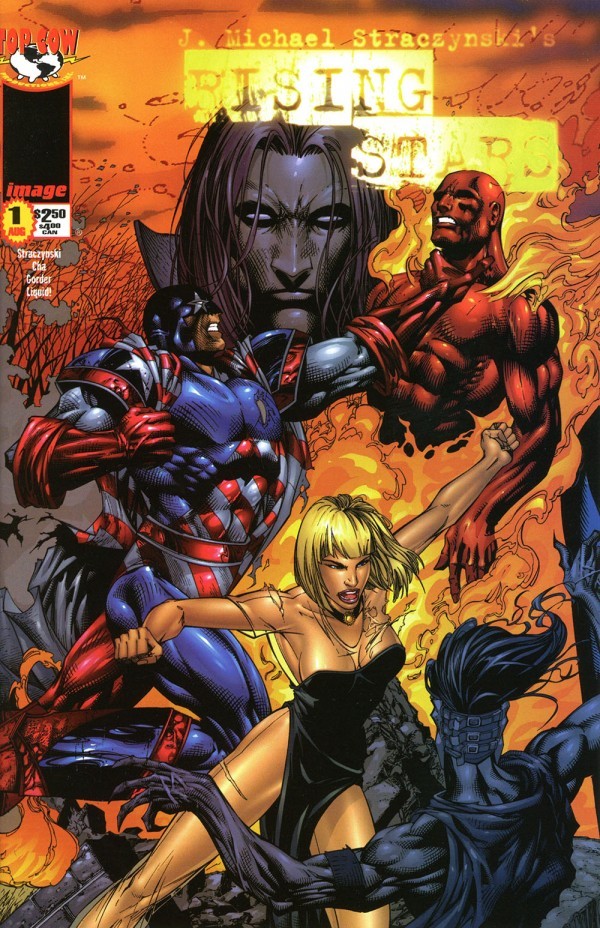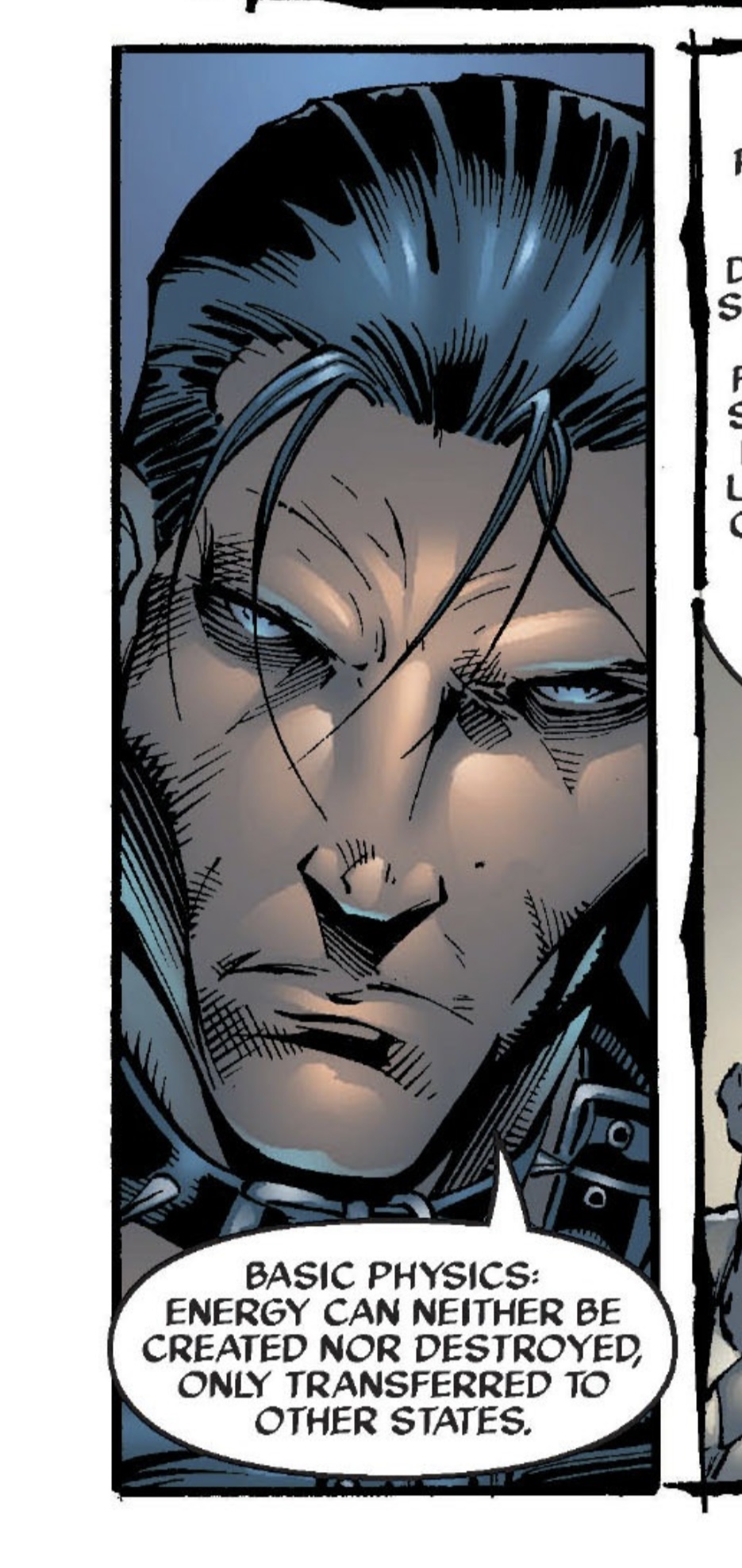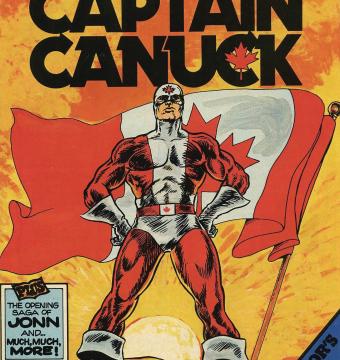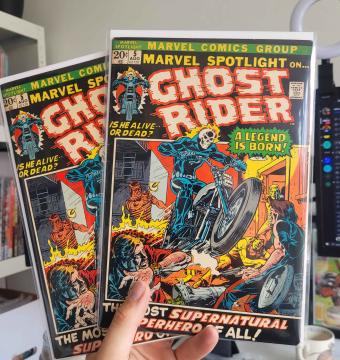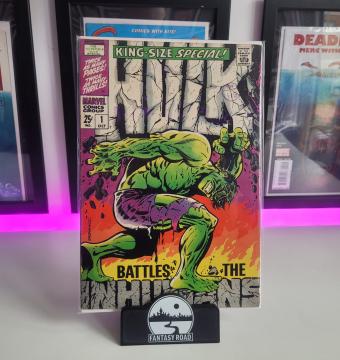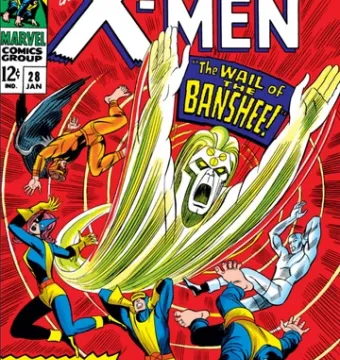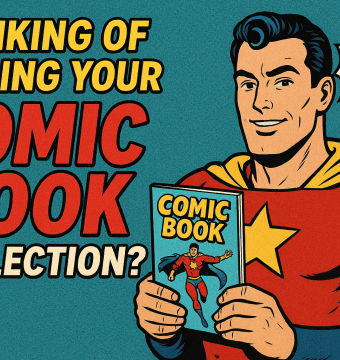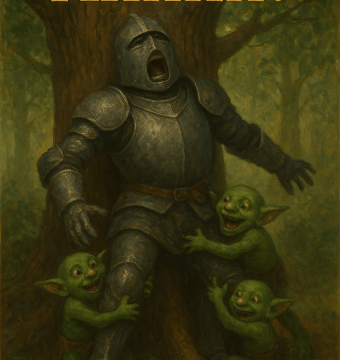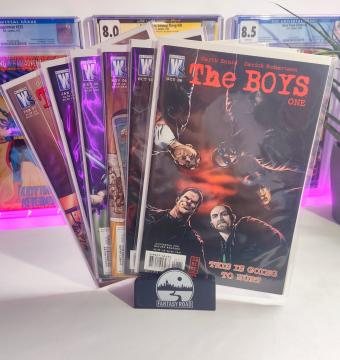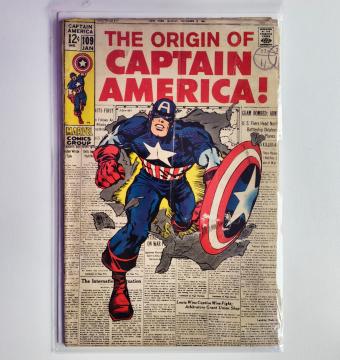The game changer: How one Indy comics series changed the comics genre (but doesn’t get credit)
Let’s start where most good stories do? The beginning. Comics have always been a visual art form, whether it’s Superman lifting a car, Spider-man crouched on webs or Spawn or Batman having a brood-off, there’s so many iconic covers and amazing interiors. There’s always the arguments (or lawsuits) on the creation of certain characters and how much credit is due. Marvel Comics, in the 60’s, had the “Marvel Method” which was the artist drawing each panel and the writer that plotted (or co-plotted) would add the script afterwards. As the years went on comics became an equal footing of the writer and the artist, the best series’ being when they worked seamlessly together in sync. No longer were artists feeling that they didn’t get the respect and were at the whim of the writers. Then in the 90’s Image comics happened. In 1992 some of the best illustrators in the industry left the big two (Marvel and DC) and launched Image comics as a place where the characters created would be owned by the creators, not the publishing house as a whole. Image had separate studios run by each founder for example Wildstorm studios (overseen by Jim Lee), Extreme Studios (Rob Liefield) and more. Top Cow Productions (owned by Marc Silvestri, who co-created Witchblade and the Darkness) was the place where we needed to get to. Under Top Cow, acclaimed creator and screenwriter J.Michael Straczynski launched “Joe’s comics” imprint and his first series was the subject here, Rising Stars.
Rising Stars is not your average comic. It’s not your “normal” superheroes. The series reads like a great movie, the pacing is spectacular and the intrigue and mystery (over the first 5 issues especially) is perfection. We’ll set the basics for you, without spoiling - a comet heads towards Earth and disappears/ explodes over Pederson, Illinois. 113 children were in Utero when the light hit, and when those children were born, they had powers. These children are named Specials, and years later when they are adults, some start being killed by one of their own, or maybe not - you can find motive in lots of characters.
Some characters have “bigger” powers than others but that’s the beauty of this series, some characters might just be able to hover above the ground whereas others can soar. It’s like an examination of how people hold themselves back or in some cases let themselves go.
The above panel sets the stage for the series, when one Special dies, the energy is distributed to the living Specials, which is what the killer must’ve figured out.
The series is narrated mostly by John Simon, a special known as Poet, as he’s trying to unravel the mystery of the murders, and stop the information getting out that with each special dying, the remaining specials have their powers increased.
As the series goes on it raises the stakes and the story evolves (and if I’m honest the ending in issue 24 is perfection) - but for those of you that still want to read good stories, that excitement is yours to find out.
It should be noted that Straczynski wrote comics before Rising Stars, whether it was adaptions of some of the tv projects he worked on or Babylon 5 that he created, but with Rising Stars, you could say that Straczynski was noticed by a different audience. In fact, Marvel jumped at the chance to get Straczynski onboard their flagship Spidey title, The Amazing Spider-Man. He wrote ASM for 6 years - and a little fact, his run, got me back to reading Spider-man after I had dropped all titles (the deceased Aunt May being an actress with plastic surgery, the real May was kept alive by Green Goblin for years was the last straw for me, even as a kid).
How did Rising Stars change the comics genre though?
I personally believe J.Michael Straczynski opened the door for more film and TV writers to work on comics. Just think who followed after him.. You have Damon Lindelof (Co-creator of Lost) who wrote the 6 issue mini-series, Ultimate Hulk vs Wolverine with amazing art by Lenil Francis Yu. The issues may have been a bit delayed at the time of release but it set the comics scene on fire at the time. You have Joss Whedon (creator of Buffy and showrunner on numerous tv shows like Angel, Firefly and Dollhouse, as well as Oscar winning screenplays like Toy Story) writing an ongoing Astonishing X-Men series with the great John Cassidy on art duties. The series was meant to last 12 issues but people loved it so much that they did 24 issues and a giant-size finale. There’s J.J. Abrams and his son Henry writing Spider-man 5 issues limited series with Sara Pichelli on art. John Ridley (12 years a slave) who wrote a few DC series’ and the severely underrated Black Panther Volume 8. There’s probably more to list but we don’t want this to be like Billy Joel’s “we didn’t start the fire” and listing everything.
You could make the argument that Kevin Smith (Clerks, Dogma and the whole view askew movie universe), had a hand in changing the comics genre, as his opening Daredevil arc was at a similar time (if not slightly before) Rising Stars. Kevin Smith has always been a champion of comics though, his first child was named Harley Quinn after the DC character, Chasing Amy with Ben Affleck and Jason Lee as a comic book art team, he also created Mallrats that had their Stan Lee cameo before all the X-Movies or the MCU were even Greenlit. He also sold his comic collection to have the money to shoot Clerks as well!
It’s not just about the film and tv industry personnel coming into comics but also what moved into the film and TV industry. Those that were around to see Heroes being shown on the BBC, might think of similarities within the stories of both. A solar event (eclipse in Heroes, comet exploding/disappearing in Rising Stars), a killer amidst them (Sylar in Heroes and *spoiler* in Rising Stars), learning about each hero in an episode /special in early issues. You could say that the lesser known The 4400 had been influenced by Rising Stars too.
Rising Stars hit at the perfect time, just before the comic book movie boom (X-Men in 2000, Spider-man in 2002 and so on). The floodgates opened for so many comic book movies, from Sin City to Road to Perdition, from 300 to A History of Violence, comic and graphic novel property became a hot commodity in the film industry.
Also there’s the huge impact of the power of the creator. Top Cow Productions were discussing the potential movie adaption of Rising Stars, and it’s stated that JMS (easier than writing Straczynski each time) had been cut out of the discussions. So the last 3 issue scripts were actually withheld by JMS and Rising Stars came to an instant halt. A best selling series that just stops? That probably couldn’t happen today, and you know why? Because JMS got all rights back to his Joes comics imprint, as well as Dream Police (which he wrote under Image but later moved to the Marvel Icon imprint years later), then and only then, did he release the final 3 scripts to end Rising Stars at 24 issues. In 2005. Yep, 24 issues in the span of 6 years - not because it was severely delayed each issue (which was a little spotty in release which artists being switched in and out), but because a creator stood his ground on characters he created. Now you see a lot of big name creators, popping into DC or Marvel to play in their sandbox, but then going back to their creator owned route. And so they should.
JMS and Rising Stars , for me, changed the comic landscape. It gave more exposure to a wilder audience with its influences (Heroes, the 4400), it gave creators a bigger voice on creative control (even under the Image banner) and it made superheroes human again, even if their powers make them more.

